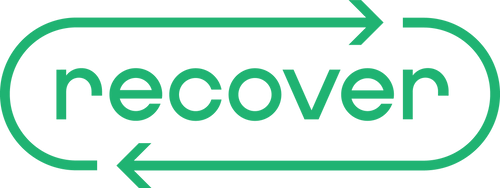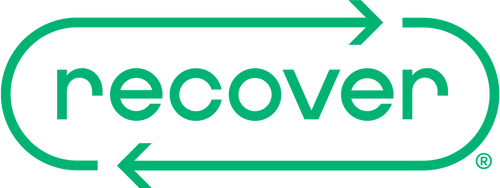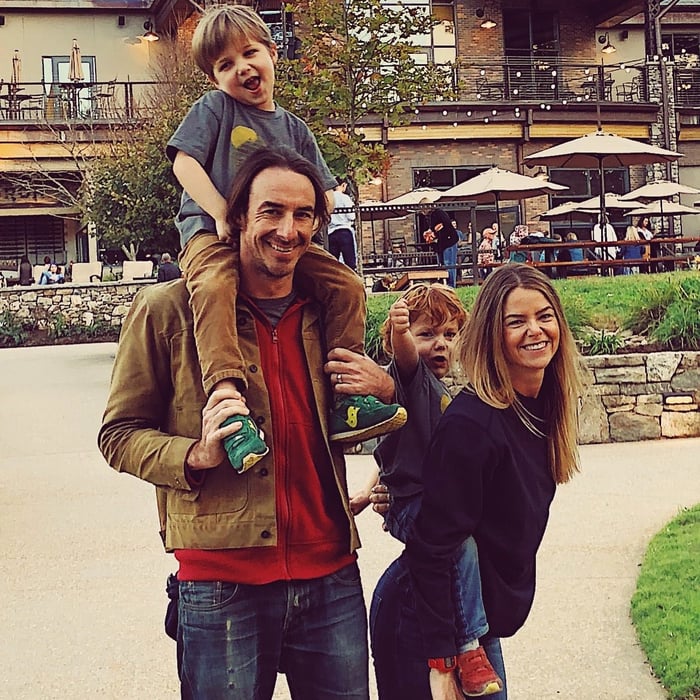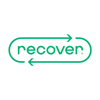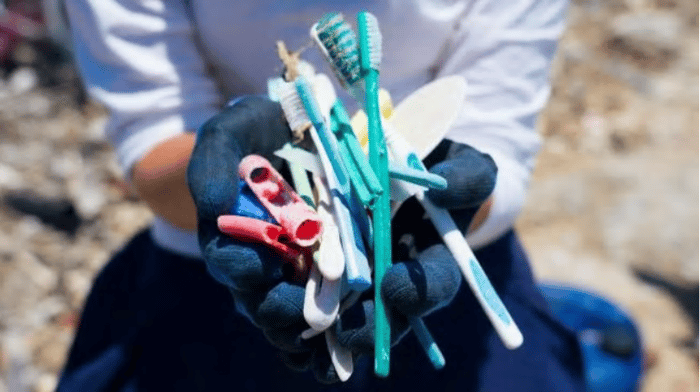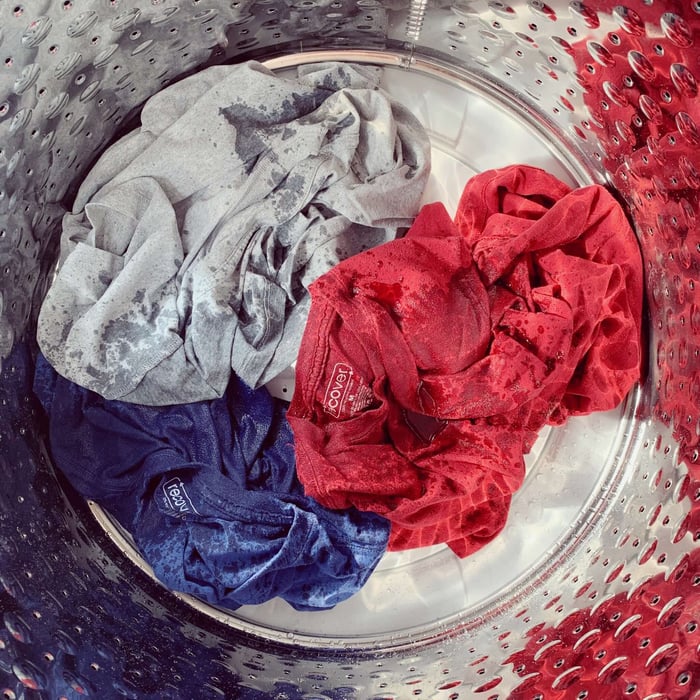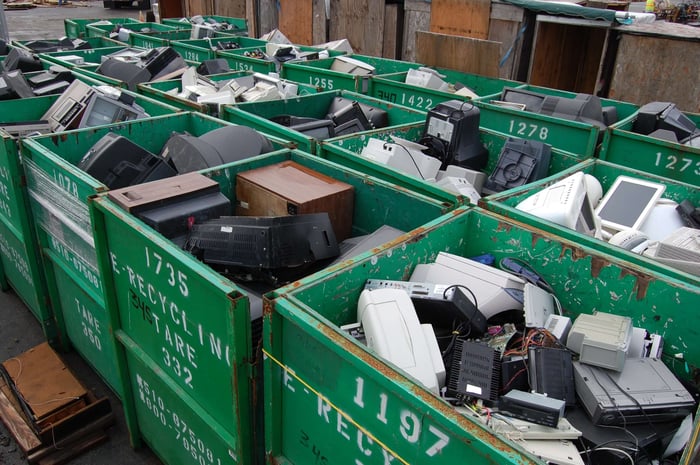As part of Plastic Free July, we sat down with Michaelyn Koss Foy to hear her best sustainability tips and tricks as a mom. Michaelyn and her husband Zak have two young sons on the run in Asheville, North Carolina. More than anything, every day decisions mean more when you’re thinking about the world for the next generation.

It’s very eye-opening to set the goal to go through even one week without single-use plastics. While single-use plastics are seemingly everywhere, things are changing and people and places are making a world without them possible. Michaelyn recommends cloth reusable snack and sandwich bags, noting that they are a great replacement for ziplocks, cheaper for the long-term, and much better for the planet. Some other tips are inspired by the Foy boys’ teacher’s initiative Mind Your Plastic. Buying less packaged goods, not buying individually wrapped or portioned snacks, switching from plastic to wooden toothbrushes, and taking advantage of opportunities to have conversations with their kids about making the choice to minimize and work towards eliminating single-use plastic and packaging are all quick and easy changes to make a positive impact. Shopping farmers markets with reusable bags, finding stores that refill bottles for shampoo, conditioner, and soap, and making food and snacks from scratch are all tips you can pick up from Mind Your Plastic.
2. Wear clothes until they’re filthy.This one is pretty simple. Having two young boys, Michaelyn stresses multiple wears of clothes until they are a must wash status in order to minimize laundry, and associated water and energy use. Most high efficiency washers use 10-15 gallons of water, while older washers use 30-45 gallons per load. It all adds up, so might as well just go for it… especially if your kids are going to get them dirty again minutes after they are out of the wash and back on.
3. Support restaurants and companies that put their sustainability mission into practice.
Noticing what a restaurant or company holds as their mission and what choices they make to fulfill it is worth it. For example, one company may sell “eco-friendly” food or clothing in plastic packaging, while another may use a more sustainable alternative such as the reduced amount and compostable packaging that Recover uses. For restaurants, Michaelyn loves Elements Real Food in Asheville because they sell their juices in glass bottles and encourage bottle return for reuse, rather than putting organic, healthy juice and other food in single-use plastic cups.
4. Keep track of your reusable mugs, water bottles, and containers.
If our reusable mugs, bottles, and containers become disposable and short-term themselves, it defies the purpose of them. You only need one reusable mug and one reusable water bottle for one person. In our interview, Michaelyn described, “Last summer, the boys were in camp together, and one lost his water bottle for the weekend. We’ve had Klean Kanteen water bottles for them, and never along the way have we felt like we needed more than one. My oldest son is about to be six and we’ve only purchased one for him. It’s teaching them to keep track of their stuff- at least that’s my hope.” Keeping track of our reusable items is key to making a difference.
5. Share information with others.
Sometimes you might be surprised by what is off or on people’s radars in terms of sustainability. By bringing up some tips, tricks, or stats, you may inspire a positive change in someone’s actions or learn something new yourself by starting the conversation. Michaelyn’s tip to share information is to note when a person may connect with a piece of information and mention something like, “hey, you seem like a person that might be interested in this…”. She notes that the point is not to shove personal practices or beliefs down people’s throats, but rather to do it yourself and also help spread the word by sharing information and education.

